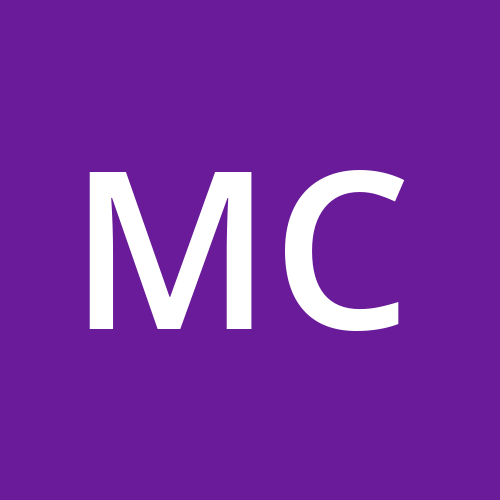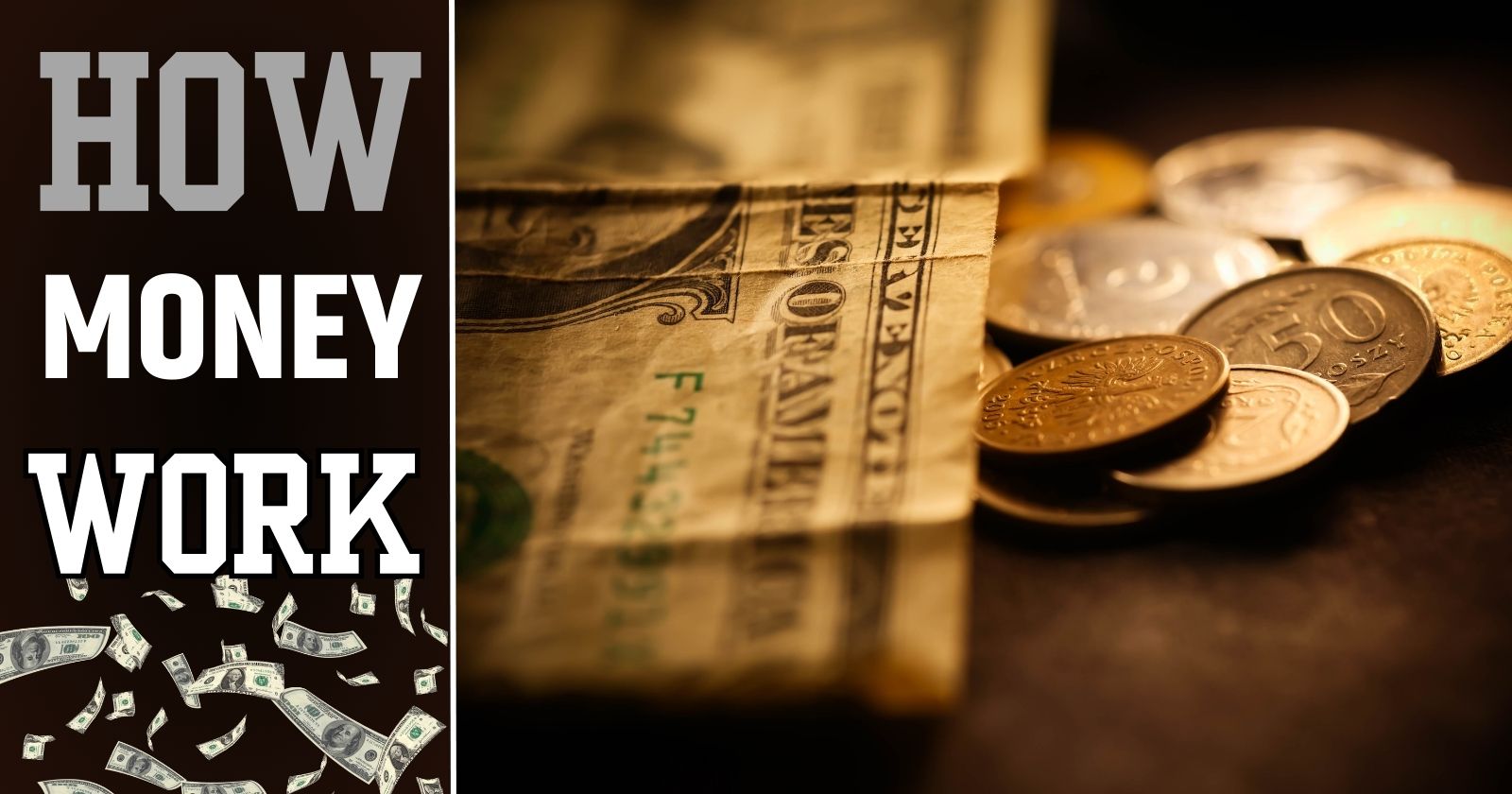How Money Work
 Mahendra CHOUDHARY
Mahendra CHOUDHARY
How Money Works: A Comprehensive Guide Based on Famous Books
Introduction
Money is a universal concept that has been around for centuries. It is a medium of exchange, a unit of account, and a store of value. Money allows us to buy and sell goods and services, to keep track of our wealth, and to save for the future.
There are many different theories about how money works. Some economists believe that money is nothing more than a social construct, while others believe that it has a more fundamental basis in economics.
In this article, we will explore the different ways that money works, drawing on insights from some of the most famous books on the topic.
How Money Is Created
Money is created by central banks. Central banks are government institutions that are responsible for issuing currency and managing monetary policy.
Central banks can create money in several ways, but the most common way is through open market operations. In open market operations, the central bank buys and sells government bonds. When the central bank buys a bond, it injects money into the economy. When the central bank sells a bond, it drains money from the economy.
Central banks also create money through the fractional reserve banking system. In the fractional reserve banking system, banks are only required to keep a fraction of their deposits in reserve. The rest of the deposits can be lent out. When a bank lends out money, it creates new money.
How Money Circulates
Money circulates through the economy as people buy and sell goods and services. When you spend money, you are injecting it into the economy. When you receive money, you are removing it from the economy.
Money can circulate in some different ways, but the most common way is through electronic transfers. When you purchase with a debit card or credit card, the money is electronically transferred from your bank account to the merchant's bank account.
Money can also circulate physically, in the form of cash. However, the use of cash has been declining in recent years.
The Functions of Money
Money has three main functions:
Medium of exchange: Money allows us to buy and sell goods and services without having to barter. This makes trade more efficient and convenient.
Unit of account: Money provides a common unit of measurement for the value of goods and services. This makes it easier to compare prices and make informed economic decisions.
Store of value: Money can be saved and used to purchase goods and services in the future. This allows us to smooth out our consumption over time and to provide for our future needs.
The Famous Books on How Money Works
There are many famous books on how money works. Some of the most popular ones include:
The Wealth of Nations by Adam Smith (1776): This book is considered to be the founding text of modern economics. In it, Smith discusses the nature of money and its role in the economy.
Capital by Karl Marx (1867): This book is a critical analysis of capitalism. Marx argues that money is a form of social control and that it is used to exploit workers.
The Theory of Money and Credit by Ludwig von Mises (1912): This book is a classic text on Austrian economics. In it, Mises discusses the nature of money and its role in the economy.
A Monetary History of the United States, 1867-1960 by Milton Friedman and Anna Schwartz (1963): This book is a detailed history of the US monetary system. Friedman and Schwartz argue that the Federal Reserve System is responsible for the Great Depression.
The Ascent of Money by Niall Ferguson (2008): This book is a popular history of money. Ferguson traces the evolution of money from its origins to the present day.
Conclusion
Money is a complex and fascinating topic. It is essential for the functioning of the modern economy, but it can also be a source of inequality and conflict.
The books discussed in this article provide a variety of perspectives on how money works. They can help us to better understand this complex and important topic.
Additional Resources
The Federal Reserve System: https://www.federalreserve.gov/: The official website of the Federal Reserve System.
The Bank of England: https://www.bankofengland.co.uk/: The official website of the Bank of England.
The European Central Bank: https://www.ecb.europa.eu/: The official website of the European Central Bank.
The International Monetary Fund: https://www.imf.org/: The official website of the International Monetary Fund.
[The World Bank](https://www.worldbank.org/
Subscribe to my newsletter
Read articles from Mahendra CHOUDHARY directly inside your inbox. Subscribe to the newsletter, and don't miss out.
Written by
